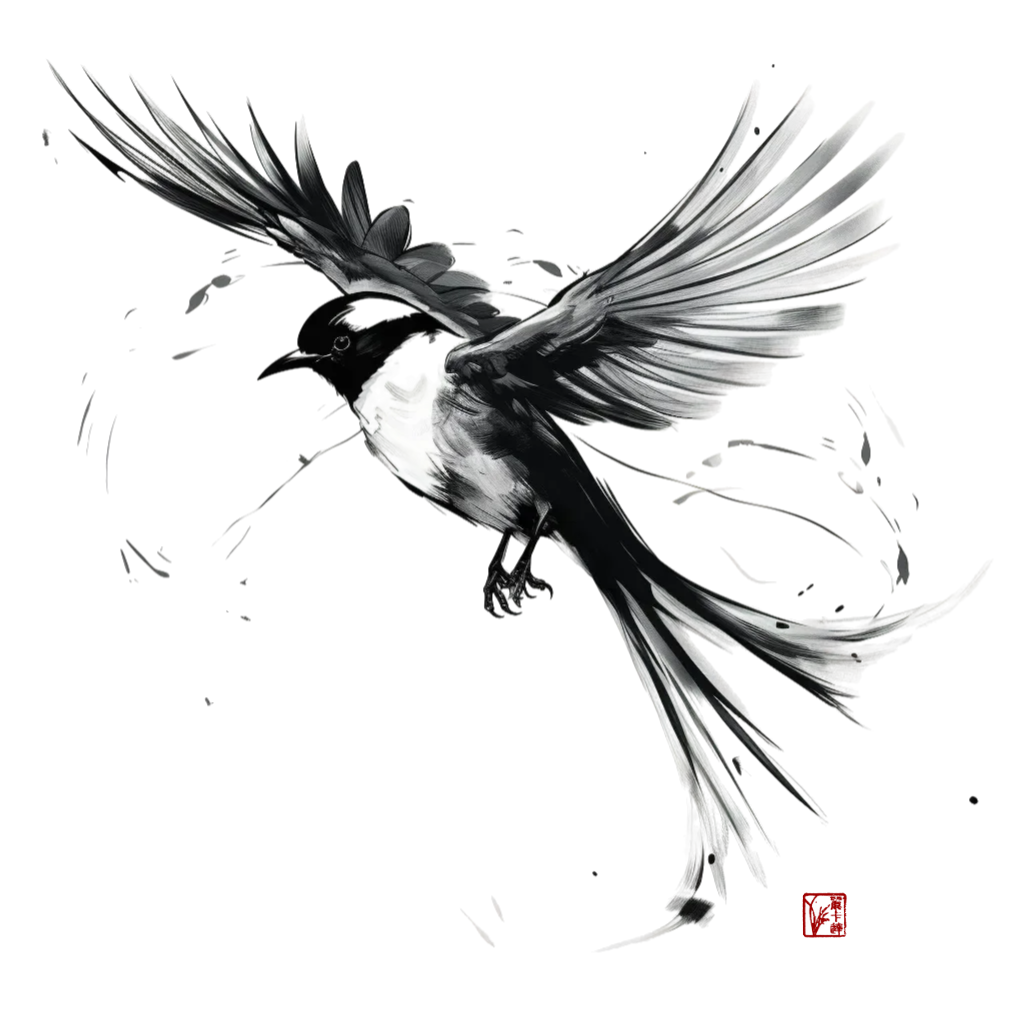Cheng Man Ching

A Multifaceted Master of Taijiquan and Traditional Chinese Culture
Cheng Man Ching, also known as Zheng Manqing, was a renowned figure in the realm of martial arts, particularly in Tai Chi Chuan, as well as a skilled calligrapher, painter, and doctor of traditional Chinese medicine. Born on July 29, 1902, in Yongjia County, Zhejiang Province, China, Cheng Man Ching’s life journey would leave an indelible mark on the world of martial arts.
Cheng’s introduction to martial arts began in his youth, studying under Yang Chengfu, the grandson of Yang Luchan, founder of the Yang-style Tai Chi Chuan. Cheng showed exceptional talent and dedication, mastering the art under Yang’s guidance. His understanding of Tai Chi Chuan went beyond mere physical movements; he delved deeply into its philosophical and spiritual aspects, a trait that would characterize his teachings later in life.
In addition to his martial pursuits, Cheng Man Ching was a polymath with diverse interests. He received formal education in traditional Chinese medicine and became a licensed doctor. His expertise extended to calligraphy and painting, where he gained recognition for his masterful brushwork and artistic sensibility.
Cheng’s life took a significant turn when he moved to Taiwan in 1948 amid the Chinese Civil War. There, he continued to teach Tai Chi Chuan, attracting a devoted following. He adapted the traditional Yang-style Tai Chi Chuan into a shorter, more accessible form comprising 37 postures, known as the Yang-style Short Form or Cheng-style Tai Chi Chuan. This innovation made Tai Chi Chuan more approachable to beginners while retaining its essence and effectiveness.
Throughout his teaching career, Cheng emphasized the health benefits of Tai Chi Chuan, promoting it as a holistic practice that nourishes both body and mind.
His teachings attracted students from diverse backgrounds, including martial artists, scholars, and health enthusiasts. Cheng’s reputation as a Tai Chi master grew, earning him the respect and admiration of practitioners worldwide.
Cheng Man Ching’s contributions to Tai Chi Chuan extended beyond his innovative teaching methods. He authored several influential books on Tai Chi philosophy, including “Tai Chi Chuan: A Simplified Method of Calisthenics for Health & Self Defense” and “The Essence of T’ai Chi Ch’uan: The Literary Tradition.” These works helped popularize Tai Chi Chuan beyond China, introducing it to a global audience.
In his later years, Cheng Man Ching relocated to New York City, where he continued to teach and spread the practice of Tai Chi Chuan. He founded the Shr Jung School of Tai Chi Chuan, where he trained numerous instructors who would carry on his legacy. Despite battling health issues, Cheng remained dedicated to his practice and teaching until his passing on March 26, 1975.
Cheng Man Ching’s impact on Tai Chi Chuan cannot be overstated. He played a pivotal role in modernizing and popularizing this ancient martial art, transforming it into a widely practiced form of exercise and meditation. His teachings continue to inspire generations of practitioners, shaping the way Tai Chi Chuan is understood and practiced worldwide. Cheng’s legacy as a master martial artist, scholar, and healer endures, ensuring that his contributions to the world of martial arts and holistic health will be remembered for years to come.
Early Influences
Cheng Man Ching’s formative years were steeped in the traditions of Chinese art and culture. Raised in a family of artists, he inherited a deep appreciation for poetry, painting, calligraphy, and the nuanced principles of Chinese medicine. Despite the upheavals of early 20th-century China, Cheng’s artistic upbringing instilled in him a profound reverence for the interconnectedness of nature, body, and spirit – a theme that would resonate throughout his life’s work.
Philosophy and Way of Life
At the heart of Cheng’s teachings lay a profound philosophy that transcended the boundaries of martial arts. Rooted in the wisdom of ancient Chinese sages, Cheng espoused a holistic approach to life – one guided by principles of balance, harmony, and mindfulness. His famous dictum, “Use four ounces to deflect a thousand pounds,” encapsulated his belief in the power of skillful technique, inner strength, and non-aggression – a philosophy that resonated deeply with his students and admirers alike.
Legacy and Influence
Cheng Man Ching’s impact extends far beyond the realm of martial arts. Through his writings, teachings, and personal example, he inspired generations of practitioners to embrace Taijiquan as a path to holistic wellness and self-discovery. In the 1960s, Cheng brought Taijiquan to the West, igniting a wave of interest that continues to ripple across the globe. His “Cheng Man-ching Short Form” became a staple of Taijiquan practice in the West, admired for its elegance, efficiency, and accessibility.
Tai Chi as Martial Art
Central to Cheng Man Ching’s teachings was his nuanced understanding of Taijiquan as both a martial art and a holistic practice. While many view Tai Chi primarily as a gentle form of exercise, Cheng emphasized its roots in combat and self-defense. Drawing from his martial lineage and deep knowledge of Taijiquan principles, Cheng integrated martial applications into his teaching, offering students a comprehensive understanding of Tai Chi’s martial aspects alongside its health benefits.
For Cheng, the practice of Taijiquan was a dynamic interplay of Yin and Yang, softness and strength – a manifestation of Daoist philosophy in motion. Through his emphasis on proper body mechanics, sensitivity training, and the cultivation of internal energy, Cheng sought to impart not only self-defense skills but also a profound awareness of the body’s innate wisdom and potential for transformation. In essence, Cheng Man Ching’s approach to Taijiquan transcended the dichotomy of martial art versus exercise, inviting practitioners to explore the rich tapestry of Tai Chi as a holistic path to self-mastery and inner peace.
Books by or on Cheng Man Ching
Click on the book cover to go to Amazon to purchase the book. Please note that these are affiliate links, which means I get a small kick-back for the recommendation while your price stays the same. This helps me maintain this website. Thank you.





















1 thought on “Cheng Man Ching”